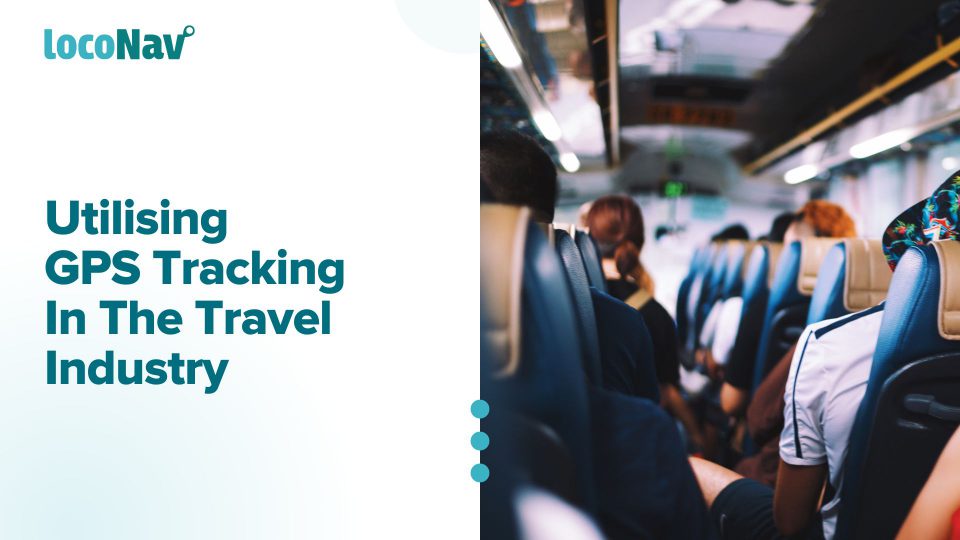

There is nothing like a nice road trip. It is nice to go on vacation and enjoy nature, culture, and the people you meet. However, when there are so many things that may go wrong, it is not always easy to make the most of your trip. Getting aid or finding your way out might be difficult, especially if you are in a remote or unfamiliar region. As a result, you must take precautions and plan for the worst-case scenario when travelling.
Even when travelling for business, you may find yourself in perilous situations where you want assistance. As a result, we strongly advise you to use a GPS Tracker for all of your travel. A GPS tracker on deck can save you a lot of difficulty from mistakes and emergency circumstances, whether it is on your next beach day, a remote hiking excursion, or even when your business is moving to a new location.
In this blog, we will briefly describe what GPS trackers are, and how they can be beneficial for travellers.
Check the live location of your vehicle with LocoNav’s Vehicle Tracking System!
What are GPS Trackers?
GPS trackers are gadgets that track your whereabouts and send it to you. GPS trackers are detectors that monitor GPS satellite signals delivered from Earth’s orbit. There are a number of these satellites orbiting us, and a GPS tracker can exactly detect where they are on the Earth’s surface with just four of them. However, as more satellites become available, the precision of the position improves.
When the GPS tracker detects the location, it sends that information to whatever website or app you are using to administer it. You can then see where the GPS Tracker is and, as a result, know where the individual or object carrying the tracker is at any given time.
Benefits of GPS Tracking For The Travel Industry
The travel and tourism industry benefits from GPS tracking systems. The technology, on the other hand, gives accurate real-time location details as well as real-time maps, fuel statistics, speed, and traffic updates.
Consider the benefits of a GPS tracking system for the tourism industry:
- Better Route Allocation
GPS tracking allows you to maximise resources, cut unnecessary operational costs, increase customer happiness, and offer a safe and serene travel experience by using GPS trackers to select or allocate routes. Furthermore, if a given route is congested or prohibited, GPS-based smartphone apps provide alternate routes for you.
- Accurate ETA Alerts
Getting notified of a vehicle’s projected arrival time allows you to identify the closest car to a certain consumer and safely distribute them based on a specific location.
- Effortless Reporting
GPS trackers allow you to create a full record of your travel and vehicle usage.
- Accurate Trip Data
The maps will analyse and present the shortest and safest path to the location. Modern GPS vehicle trackers also provide traffic updates and an estimated time of arrival (ETA) at the destination. It also includes information on lodging, points of interest (POI), emergency services, and so on.
- Real-Time Notifications
You can detect speed limit violations and unauthorised vehicle movement by using the tracking system. You will be informed of delays and deviations in vehicle arrival timings from the specified route thanks to real-time warnings.
- Saved Money
There is no need to hire a separate tourist guide because GPS trackers can guide your tourists’ paths on their own.
- Discourage Unauthorised Access
If a certain driver uses the tourist vehicle without authorisation, you will be notified immediately via a GPS tracking system, as there is an option to activate the geofence function.
Ditch The Maps and Guide Books
Although maps and guidebooks provide numerous benefits, they can be large and misleading at times. Data became more accessible, portable, harmonised, and user-friendly with the introduction of GPS-based mobile apps. As a result, GPS technology has advanced the travel and tourism business, providing significant aid to both travellers and organisers.
